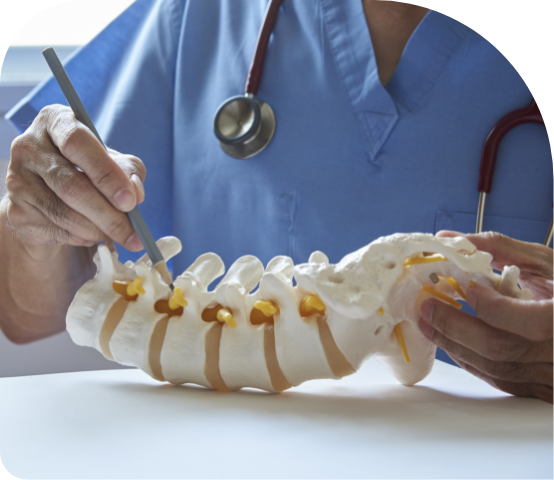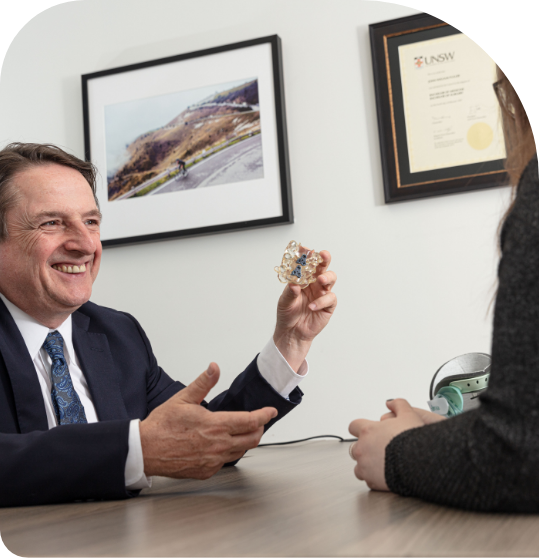Back AND Neck Pain

Back and neck pain are extremely common complaints.
Back pain is considered the 2nd leading cause of disease burden in Australia. It interferes with daily activities for nearly 40% of people who suffer from it. Neck pain also leads to significant symptoms, disability and economic cost.
For most people, back or neck pain starts suddenly, and resolves within a few weeks. For some people, the pain may recur, or become chronic (last for more than three months).
What causes back and neck pain?
There are many different causes of back and neck pain. In most cases, pain arises from mechanical causes.
Mechanical back pain can be caused by the physical stress of lifting heavy objects or doing repetitive tasks that involve your back. Neck pain is sometimes triggered by a sudden, awkward movement of the neck. Being sedentary, having poor posture or being overweight can contribute to back or neck problems. Stress can lead to muscle tension, which may worsen your pain.
Back or neck pain may be related to degeneration (age-related changes) of your spine. You have multiple joints in your spine, which are subject to “wear and tear” as you age. Previous injuries can also increase your risk of developing degenerative changes.
Inflammatory conditions, like rheumatoid arthritis or ankylosing spondylitis, may affect the spine and cause chronic pain. In rare cases, back pain may be caused by a serious underlying condition, like cancer, fracture or an infection in the spine.
In some cases, back pain may be associated with nerve symptoms. If a neck problem causes irritation or compression of a nerve, weakness, numbness or tingling in the arm may be experienced. If nerves in the back are affected, similar symptoms may be experienced in the legs. Occasionally, bladder or bowel function may be affected.
How are back and neck pain treated?

Treatment of back and neck pain depends on the cause.
Back and neck pain are commonly seen in general practice. If a patient consults their GP for back or neck pain, they can expect them to ask in detail about their symptoms, as well as any injuries or existing illnesses. GP may also enquire about the patient’s stress levels and work environment. They will then conduct a physical examination.
For most cases of back and neck pain, GPs are likely to reassure and provide advice regarding physical activity and caring for the patient’s spine. They may offer pain medication, refer the patient for physiotherapy and organise a follow-up consultation.
If the GP is concerned about the underlying cause of the back or neck pain, or if there are nerve symptoms, patient may be referred for x-rays or an MRI. In some cases, referral to a neurosurgeon will be required.
At Macquarie Neurosurgery and Spine, our spinal subspecialists are well-equipped to help patients manage chronic back or neck pain. Most patients with chronic back or neck pain will not benefit from surgery, but in some cases, surgery is advised.
Our spinal surgeons use a range of techniques including minimally invasive techniques to minimise tissue trauma. The most common back and neck procedures include spinal decompression surgery (surgery to relieve pressure on the spinal cord and nerves), as well as spinal fusion (a procedure that permanently joins two or more vertebrae).
If surgery is required, it will be conducted by an experienced spinal surgeon using the latest, evidence-based techniques. Our spinal specialists perform around 1000 surgeries per year, and are highly experienced at performing common, as well as more complex, back and neck procedures.
If patients are suffering from ongoing back or neck pain, they can request a specialist referral from their GP. Macquarie Neurosurgery & Spine offers consultations at multiple locations.

